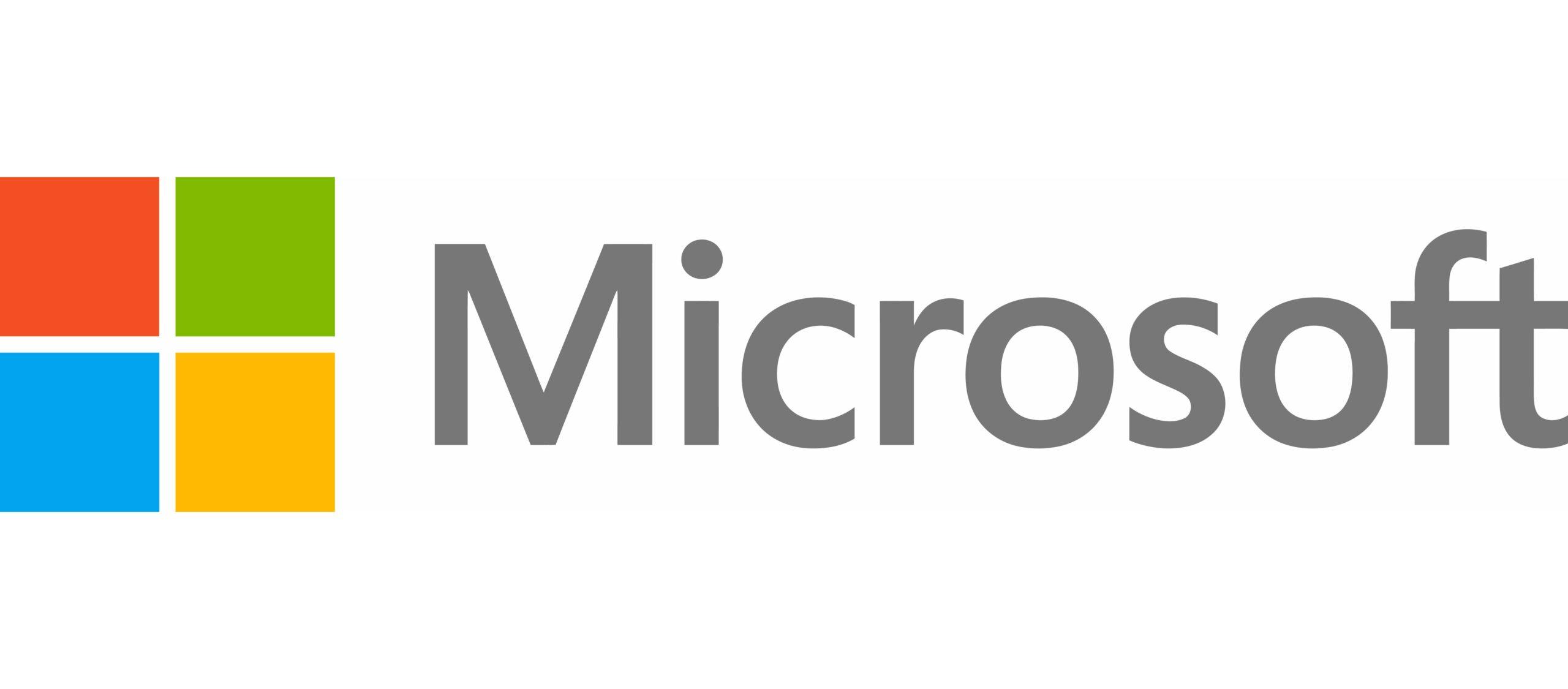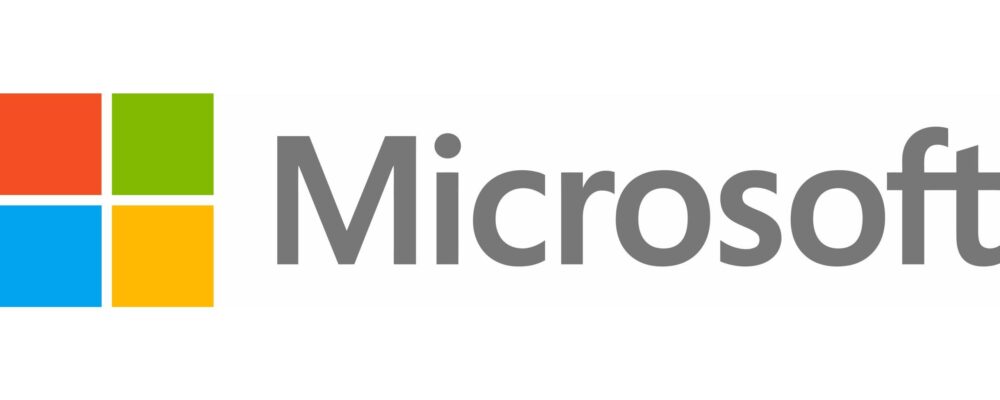
The creation of Sign Language View in Teams
One shortfall of this new way of working, however, was the existing captioning solutions. It was painful for my Deaf peers and I to have to turn on captions with each call. Every time, you had to look for and prioritize the interpreters, open the chat window, and then finally be ready to participate in meetings. This design mismatch led to two Deaf employees (myself and a coworker) innovating an UX proposal for Microsoft Teams that would be more accommodating for Deaf users. Sign Language View was born out of a mismatch that we as employees faced daily, to the point that it was weighing on our disability tax. These days, I can now join meetings with less friction than I had before — but there are still more doors to open and work to do!
With AI, it’s truly an exciting time in tech and so much is yet to be determined. This makes it critical to enter the space with curiosity, humility, and nuance. People in the Deaf and Disabled community operate outside of societal norms, attuning us to gaps often missed by others. That creates a very sensitive, nuanced lens and curiosity is also often at play. When your ability to succeed is determined by how creatively you can hack a system that doesn’t work for you, it necessitates innovation. In totality, this gives us a lens to approach problems in ways that may be more holistic than traditional design best practices.
Co-design is great, but representation is an even better way to ensure people with lived experiences work directly to solve problems for their own communities. Ultimately, this leads to more equitable products for everyone and potentially more enjoyable ones, too. With sign language, for example, people often see it as a lesser form of communication but it’s highly expressive and an integral part of our cultural identity. People often want to travel to other countries to enrich their own lives by better understanding different ways of living. Living without sound is another way of experiencing life, and Deaf culture has its own social beliefs, behaviors, traditions, art, and values.
Microsoft is a technology company, a small local company, with few employees, no offices, and almost making no profit… >>
Please visit the firm link to site



